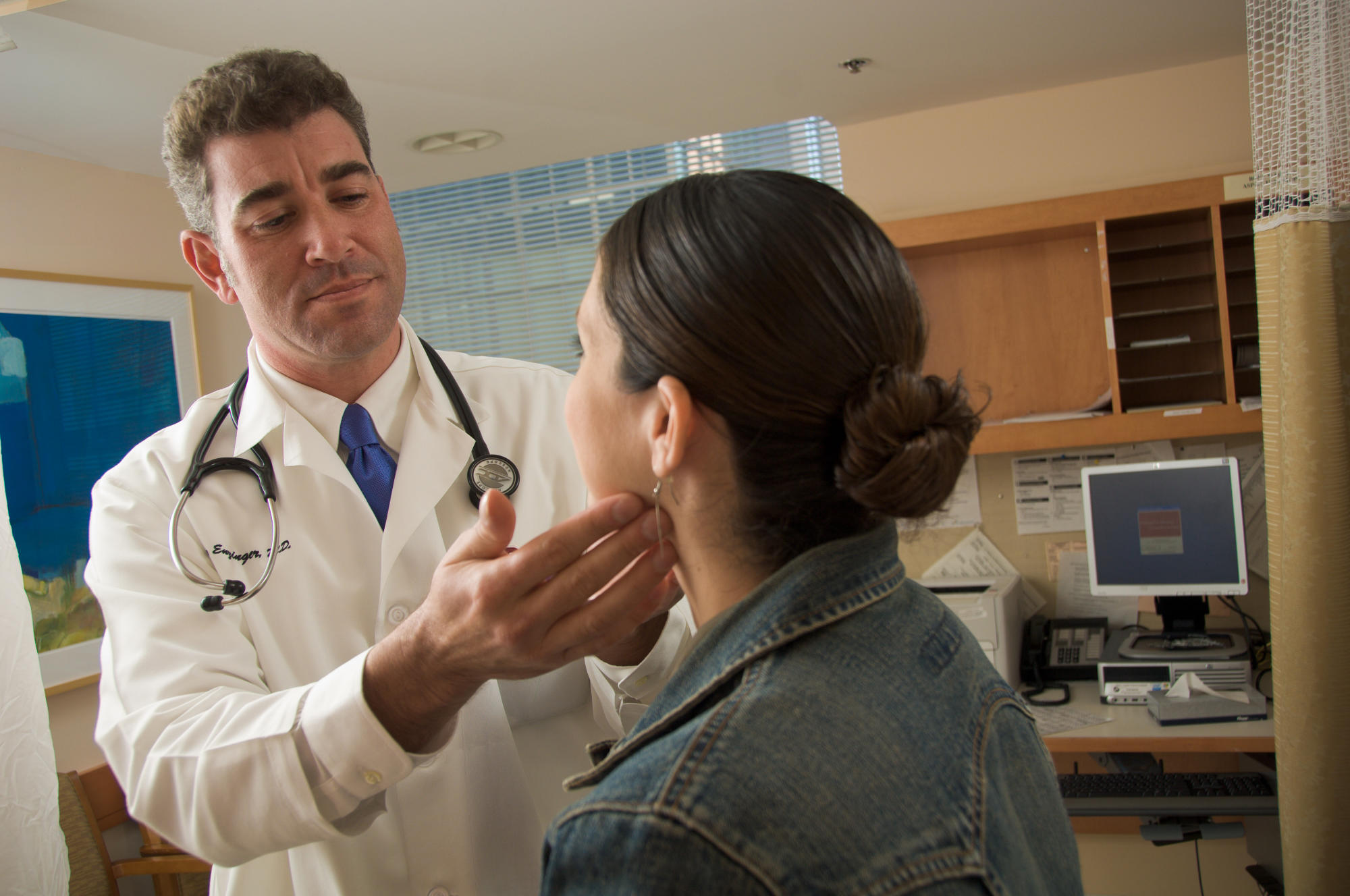
Though relatively rare in the United States, stomach (gastric) cancer is the second leading cause of cancer death worldwide. This disease can be difficult to treat because most people are diagnosed after the cancer has spread beyond the stomach to the liver, lymph nodes, or other organs, when it begins to cause symptoms. While physical signs are rare in early stages, those patients who do develop symptoms of stomach cancer may experience:
- Loss of appetite
- Unintentional weight loss
- Discomfort or pain in the abdomen
- Feeling full early
- Difficulty swallowing
- Anemia
- Vomiting
- Blood in stool
Many of these symptoms may indicate less serious health problems, but if you notice any of these physical signs and they do not go away, or they get worse, see your doctor to determine the cause. Your physician may then conduct a physical exam, blood chemistry studies, a complete blood count test, an upper endoscopy, or a biopsy to see whether cancer may be causing these symptoms.
Older people, men, and those with a family history are slightly more likely to develop stomach cancer. Other risk factors include having certain stomach infections or conditions, such as gastritis or gastric polyps, and eating a diet high in salted and smoked foods.
Learn more about the symptoms, risk factors, and treatment options for stomach cancer from Dana-Farber’s/Brigham and Women’s Center for Esophageal and Gastric Cancer.
